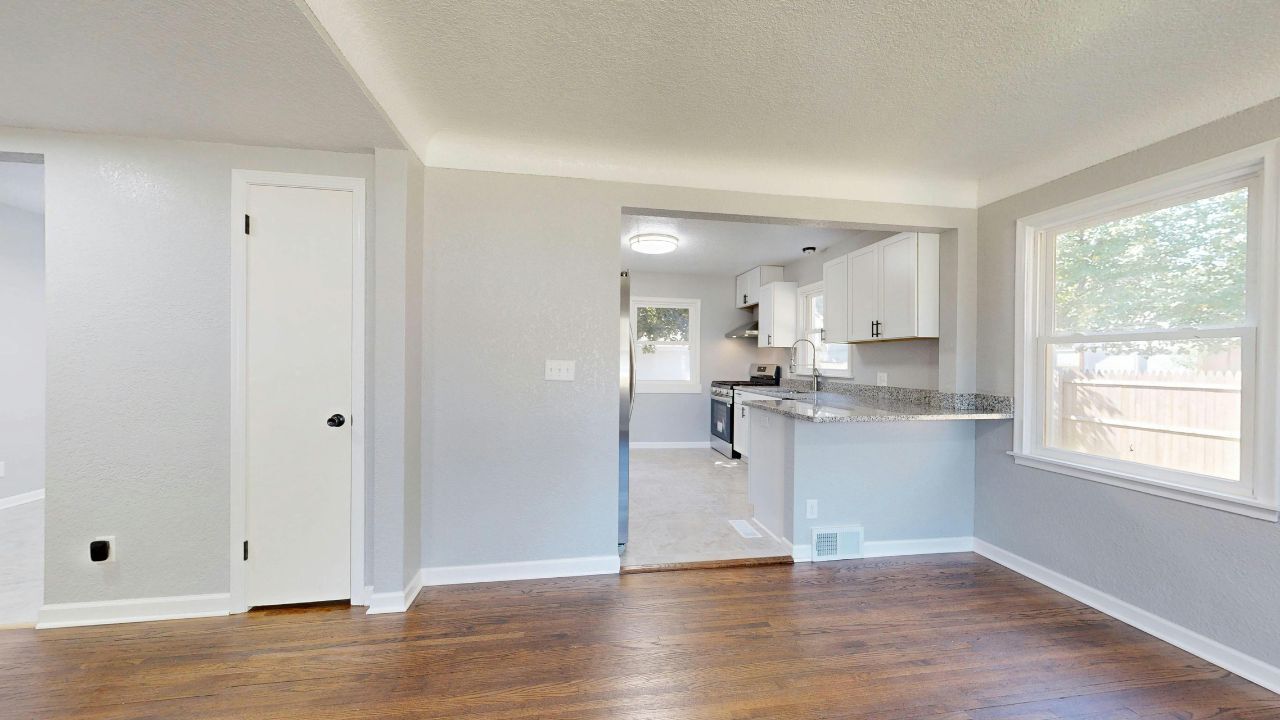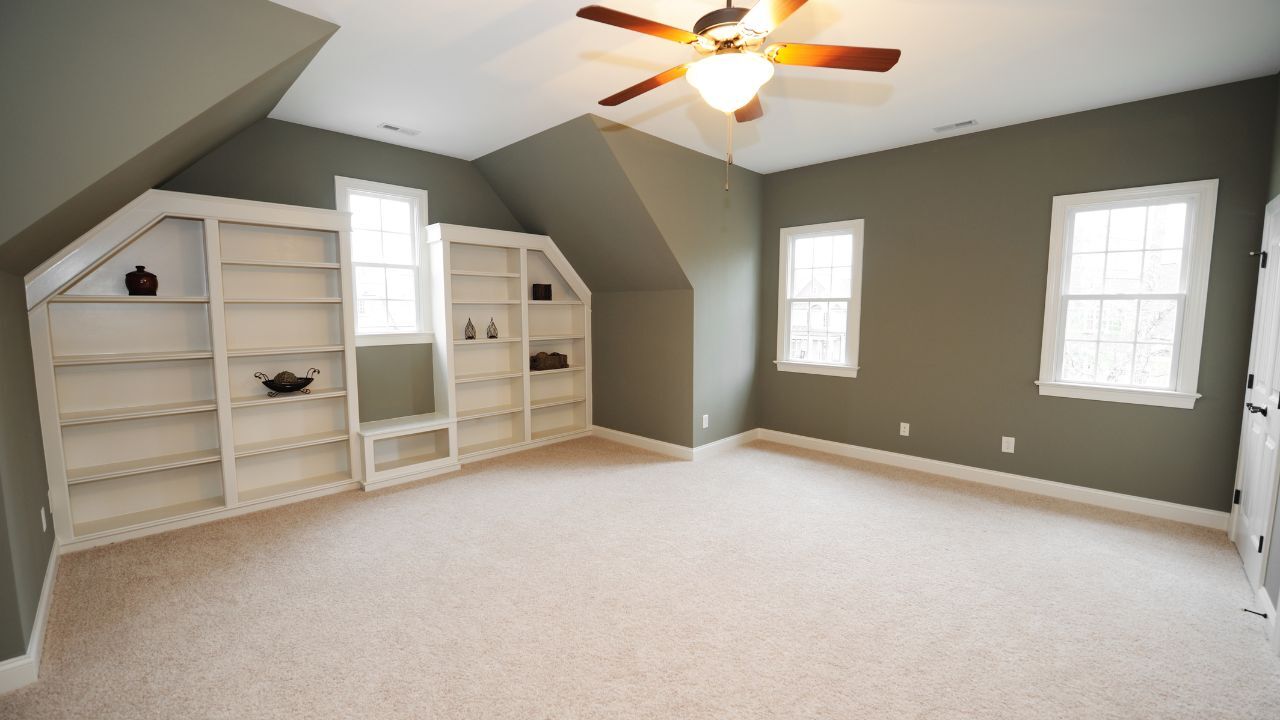
In an unexpected turn, the Consumer Price Index (CPI) showed that inflation came in cooler than expected for the month of January, falling to a five-year low.
The jobs report showed that unemployment numbers came in worse than expected, perhaps signaling further hesitation from the Federal Reserve, despite inflation data coming in favorably.
This is also in light of retail sales data showing that, when accounting for post-holiday trends, retail activity has hit a significant slump. This suggests that Americans’ buying habits have changed substantially from the prior year, offering further insight that price pressures are still present at current levels. There is still considerable speculation that the Federal Reserve will move forward with an additional rate cut later this year.
Consumer Price Index
Consumer prices rose less than expected in January, and the rate of inflation fell to a five-year low by one measure, offering an encouraging sign to Federal Reserve officials as they weigh whether to cut interest rates again. The consumer-price index increased a modest 0.2% in January, a tick below the Wall Street forecast.
Retail Sales
Retail sales were flat in December, the government said Tuesday in a report delayed by the federal shutdown last fall. The numbers are seasonally adjusted. Fourth-quarter sales more broadly were also on the softer side compared with the prior two quarters. Americans spent more money than they usually do in the spring and summer to avoid price increases tied to higher U.S. tariffs. It appears they scaled back purchases in the second half of the year to compensate.
Primary Mortgage Market Survey Index
- 15-Year FRM rates saw a decrease of -0.06%, with the current rate at 5.44%
- 30-Year FRM rates saw a decrease of -0.02%, with the current rate at 6.09%
MND Rate Index
- 30-Year FHA rates saw a decrease of -0.13%, with current rates at 5.62%
- 30-Year VA rates saw a decrease of -0.13%, with current rates at 5.64%
Jobless Claims
Initial Claims were reported to be 227,000 compared to the expected claims of 225,000. The prior week landed at 232,000.
What’s Ahead
GDP Estimates and PCE Index Inflation Data is set to release next week as the largest data releases.
 Many buyers delay decisions while waiting for a home that checks every box. While patience is valuable, perfection often creates paralysis. Understanding the difference between standards and unrealistic expectations helps buyers move forward with confidence.
Many buyers delay decisions while waiting for a home that checks every box. While patience is valuable, perfection often creates paralysis. Understanding the difference between standards and unrealistic expectations helps buyers move forward with confidence. Many buyers start their search with a specific number in mind. Square footage. While size matters, it is rarely the deciding factor in long-term satisfaction. How space functions often matters far more than how much of it exists.
Many buyers start their search with a specific number in mind. Square footage. While size matters, it is rarely the deciding factor in long-term satisfaction. How space functions often matters far more than how much of it exists. Most buyers expect an instant emotional reaction when they walk into the right home. The idea of love at first sight is common, but in reality, many of the best homes do not create fireworks immediately. They create possibility, and that is often quieter.
Most buyers expect an instant emotional reaction when they walk into the right home. The idea of love at first sight is common, but in reality, many of the best homes do not create fireworks immediately. They create possibility, and that is often quieter.
 With rising utility costs and growing awareness around sustainability, many homeowners are looking for practical ways to improve energy efficiency. One of the most effective first steps is scheduling a home energy audit. A home energy audit is a professional evaluation of how your home uses energy and where improvements can be made to reduce waste, lower costs, and enhance comfort.
With rising utility costs and growing awareness around sustainability, many homeowners are looking for practical ways to improve energy efficiency. One of the most effective first steps is scheduling a home energy audit. A home energy audit is a professional evaluation of how your home uses energy and where improvements can be made to reduce waste, lower costs, and enhance comfort. When preparing to sell a home, homeowners have several paths to consider. One option that is becoming increasingly common is selling a property as-is. This means the home is listed and sold in its current condition, without the seller completing repairs or renovations before closing. While this approach can offer convenience, it is important to understand both the benefits and potential trade-offs before making a decision.
When preparing to sell a home, homeowners have several paths to consider. One option that is becoming increasingly common is selling a property as-is. This means the home is listed and sold in its current condition, without the seller completing repairs or renovations before closing. While this approach can offer convenience, it is important to understand both the benefits and potential trade-offs before making a decision. In the ever-evolving landscape of real estate, an increasing number of investors and homebuyers are recognizing the importance of sustainability and eco-friendliness. Green real estate, which encompasses properties designed with a focus on environmental efficiency and resource conservation, is gaining prominence as a smart and responsible investment. This blog explores the key aspects of green real estate and why it is becoming an attractive option for consumers.
In the ever-evolving landscape of real estate, an increasing number of investors and homebuyers are recognizing the importance of sustainability and eco-friendliness. Green real estate, which encompasses properties designed with a focus on environmental efficiency and resource conservation, is gaining prominence as a smart and responsible investment. This blog explores the key aspects of green real estate and why it is becoming an attractive option for consumers. When you are searching for a home, it is easy to get excited about dramatic features like built-in home theaters. They look impressive, they photograph well, and they feel luxurious during a showing. But as real estate professionals, we see something different in day-to-day living.
When you are searching for a home, it is easy to get excited about dramatic features like built-in home theaters. They look impressive, they photograph well, and they feel luxurious during a showing. But as real estate professionals, we see something different in day-to-day living.